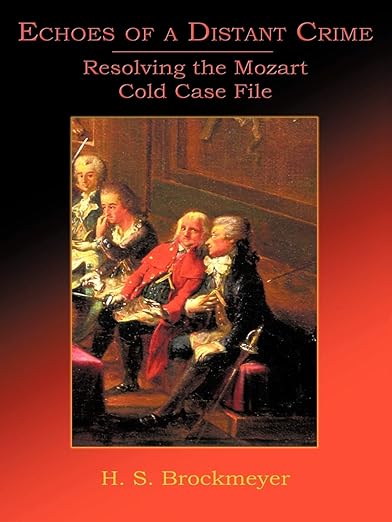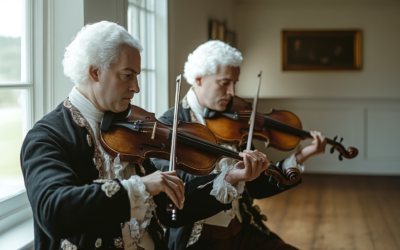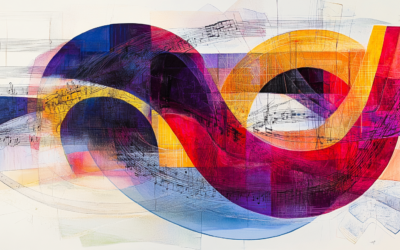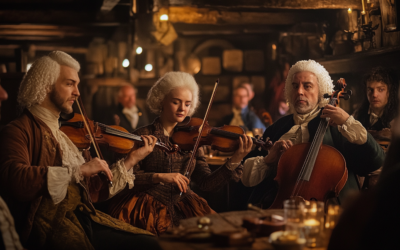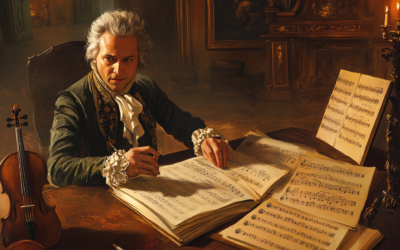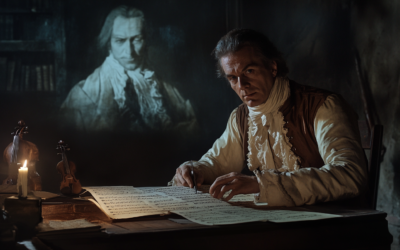MozartrazoM
Georg Nissen and the Missing Notebooks
Article written by H. S. Brockmeyer
After Mozart’s death, his widow, Constanze, found a steadfast partner in Georg Nikolaus von Nissen, a Danish diplomat who dedicated his life to preserving the composer’s legacy. Nissen not only compiled an extensive biography of Mozart but also uncovered and safeguarded many of his compositions. Driven by a deep admiration for Mozart, Nissen even embarked on a secret investigation into the mysterious circumstances of the composer’s death, a pursuit that reflects his unwavering commitment to uncovering the truth.
“Nissen certainly realized the dangers of exposing the murder should it have been
perpetrated by a powerful group with deep connections to the Court.”
Echoes of a Distant Crime: Resolving the Mozart Cold Case File
After the death of the legendary composer Wolfgang Amadeus Mozart, his widow, Constanze, remarried in 1809 to Georg Nikolaus von Nissen, a Danish diplomat and passionate admirer of Mozart’s work. This union not only provided stability for Constanze and her children but also set in motion one of the most remarkable efforts to preserve Mozart’s legacy.
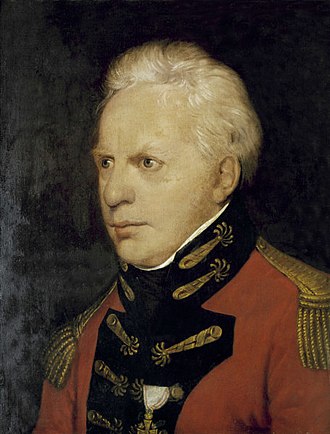
Georg Nicolaus Nissen after painting by Jagemann.
Nissen was a man of diverse talents—a poet, amateur musician, and, above all, a devoted supporter of Mozart. His deep respect for the composer led him to compile an extensive biography of Mozart, a monumental work that spanned over 900 pages and was published posthumously in 1829. Nissen’s dedication to this project consumed much of his life, as he meticulously collected documents, letters, and musical scores, often working late into the night.
Yet, Nissen’s efforts went beyond mere biography. He discovered hundreds of Mozart’s compositions hidden in a closet in Constanze’s apartment, which he carefully cataloged and sold, ensuring that these masterpieces would not be lost to history.
Interestingly, Nissen also harbored suspicions regarding the mysterious circumstances surrounding Mozart’s death. In his final years, he pursued a private investigation, corresponding with close friends and seeking to uncover what he believed was a potential murder plot. His determination to reveal the truth was so profound that, in a secret letter to his stepson Wolfgang, Nissen urged him to continue this investigation after his death, warning of the dangers involved and even involving the King of Denmark as a witness to his testament.
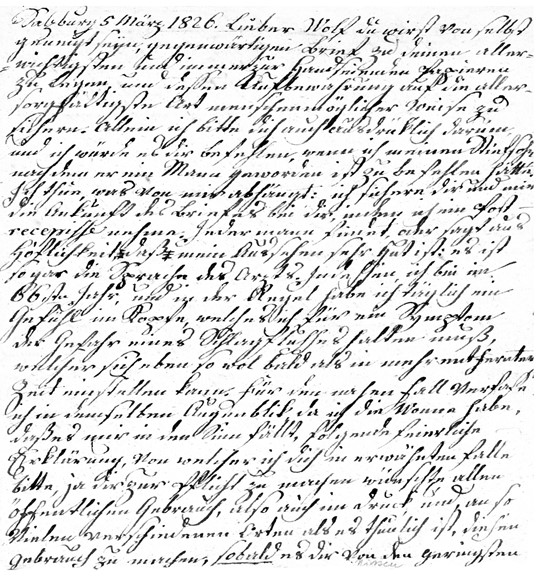
Georg Nikolaus von Nissen’s Letter in 1826 to Step-son Wolfgang Xaver
to Expose Mozart’s Violent End
Image reproduced with permission from the Mozarteum Foundation.
Nissen’s legacy is a testament to his unwavering dedication to Mozart and his relentless pursuit of the truth. Though his final investigation into Mozart’s death remains inconclusive, his contributions to preserving and promoting the composer’s work are invaluable, making him an integral figure in the history of classical music.
To delve deeper into this fascinating story about Georg Nikolaus von Nissen and his connection to Mozart, you can download the full document from the link below.
You May Also Like
The Mysterious Case of Mozart’s Duets: An Unfinished Story
Mozart’s string duets have long been shrouded in mystery, from his father’s heavy influence in 1768 to his supposed act of charity for a dying Michael Haydn in 1783. These unfinished works reveal more about the composer’s life and struggles than they do about his musical genius.
The Misattribution of Mozart’s K.2 89a (K.6 73i): A Questionable Canon
K.2 89a (K.6 73i), attributed to Mozart, is riddled with issues—missing voices, incomplete harmonies, and even the absence of text. Should this piece really be in his catalogue?
The Borrowed Simplicity: Mozart’s Canons K.555, K.557, and K.562
The canons K.555, K.557, and K.562, often overlooked for their simplicity, reveal striking similarities with the works of Antonio Caldara. These three pieces, dated 1788, demonstrate how Mozart adapted and simplified Caldara’s contrapuntal structures, masking his influences while reflecting the galant style of the era.
Mozart’s Quartet of Lodi: A Dated Work with Many Influences
Mozart’s Quartet of Lodi is often praised as an early masterpiece. But was it really his own work?
Mozart’s Violin Pieces: Substitutes for Failed Movements?
Despite revisions, Mozart’s violin concertos remain flawed, while his minor pieces, K.261 and K.373, surprisingly garner more attention in his correspondence than his major works.
The Questionable Origins of Mozart’s Violin Concertos
Are Mozart’s violin concertos truly original? This article explores the possibility that the Czech composer Josef Mysliveček played a far larger role in their creation than previously acknowledged.

